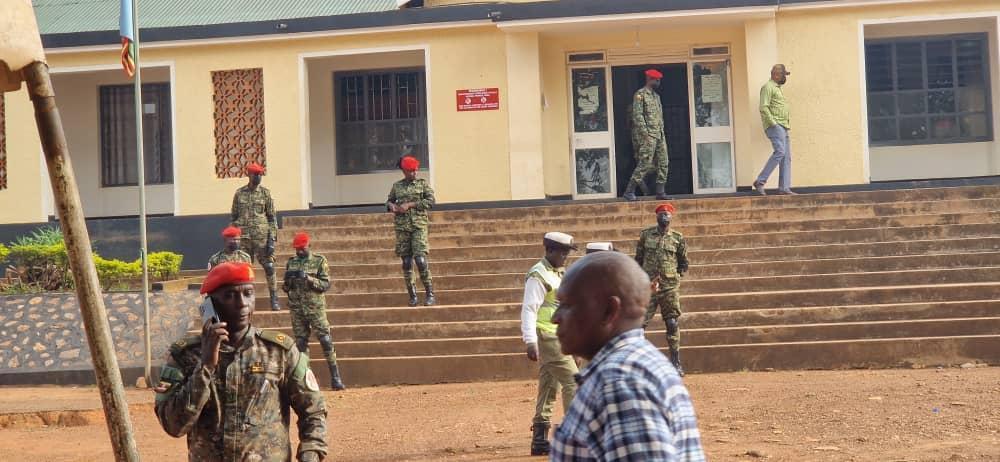Africa-Press – Uganda. Despite a recent Supreme Court ruling that seemingly curtailed the General Court Martial’s (GCM) authority over civilians, a newly proposed Bill has ignited concerns that military courts may once again exert their jurisdiction over non-military personnel.
The Uganda Peoples’ Defence Forces (UPDF) Amendment Bill 2025, slated for tabling in the upcoming parliamentary session, while ostensibly aimed at restructuring the military justice system following the court’s decision, contains provisions that have raised red flags among human rights advocates.
While the Bill focuses on internal military justice reforms, including the establishment of a Military Courts Department and revised appointment processes for military judges, it maintains the GCM’s “unlimited original jurisdiction to try any offence under this Act and under any other written law committed by a person subject to military law.”
The ambiguity lies in the interpretation of “a person subject to military law,” and whether this could be broadly construed to include civilians in certain circumstances, a point of contention in previous applications of the now-nullified law.
Human rights lawyer Sarah Nakato expressed her apprehension, stating, “While we welcome the move to reform the military justice system, we remain deeply concerned about the potential for civilians to once again fall under the jurisdiction of the Court Martial.
The phrase ‘person subject to military law’ has been used in the past to justify the trial of civilians, and we need absolute clarity in this new legislation to prevent such overreach.”
The Bill does introduce some safeguards, such as requiring the Head of the GCM to be qualified as a High Court judge and involving the Judicial Service Commission in the appointment of key judicial officers within the military courts.
However, critics argue that these measures do not fully address the fundamental issue of civilians being tried in military tribunals, which often lack the same level of due process and independence as civilian courts.
Civil society organisations are already mobilising to scrutinise the Bill.
“We will be closely examining every clause of this proposed law,” stated David Okello, a coordinator for a national human rights coalition.
“The Supreme Court ruling was a significant victory for the rule of law and the rights of civilians. We cannot allow this new Bill to become a backdoor for the military to once again encroach upon the jurisdiction of civilian courts.”
The government, however, maintains that the Bill is solely intended to streamline military justice within the UPDF.
A source close to the Ministry of Defence, speaking on condition of anonymity, asserted, “The purpose of this Bill is to strengthen our internal military justice system, as directed by the Supreme Court. There is no intention to expand the jurisdiction of military courts over civilians beyond what is strictly necessary and legally permissible.”
Despite these assurances, the lack of explicit language definitively excluding civilians from the GCM’s jurisdiction for all offences has fueled skepticism.
The Bill’s broad wording regarding the GCM’s power to try offences under “any other written law committed by a person subject to military law” leaves room for interpretation that could potentially lead to the prosecution of civilians in military courts, particularly in cases deemed to have a bearing on national security or military affairs.
As Parliament prepares to debate the Bill, the issue of civilian jurisdiction is expected to be a major point of contention.
Human rights advocates are calling for amendments that unequivocally limit the jurisdiction of military courts to serving military personnel, ensuring that civilians are exclusively tried in civilian courts, as mandated by the Constitution.
The battle over who is subject to military law in Uganda appears far from over.
For More News And Analysis About Uganda Follow Africa-Press






